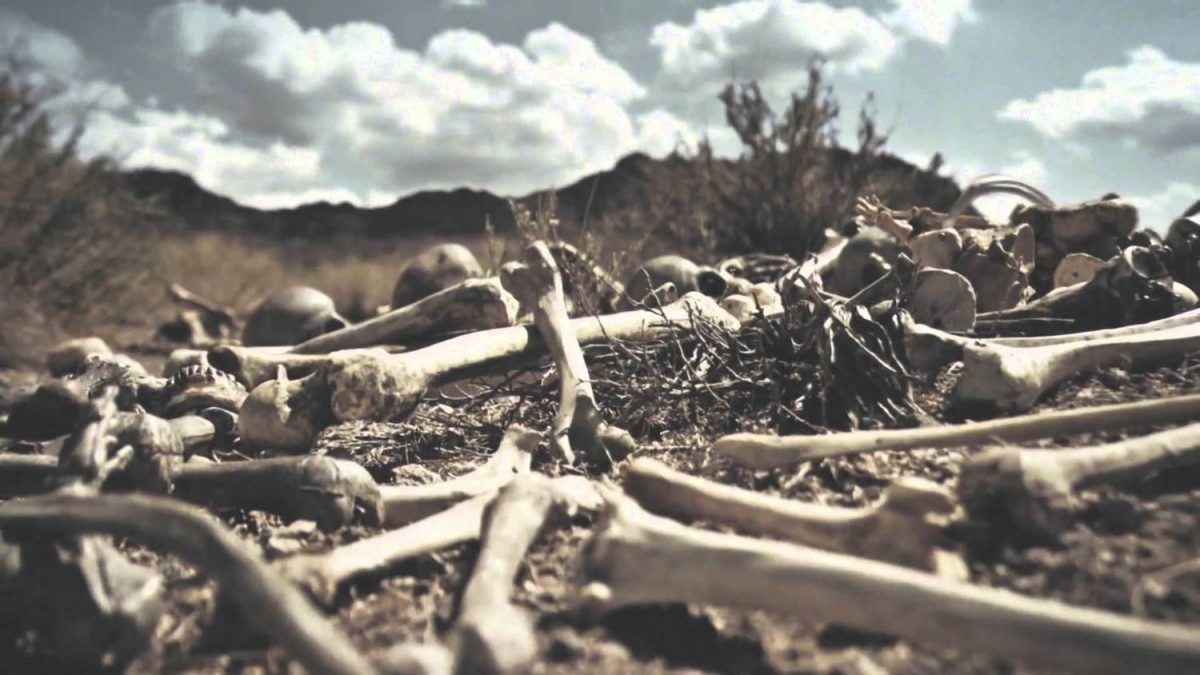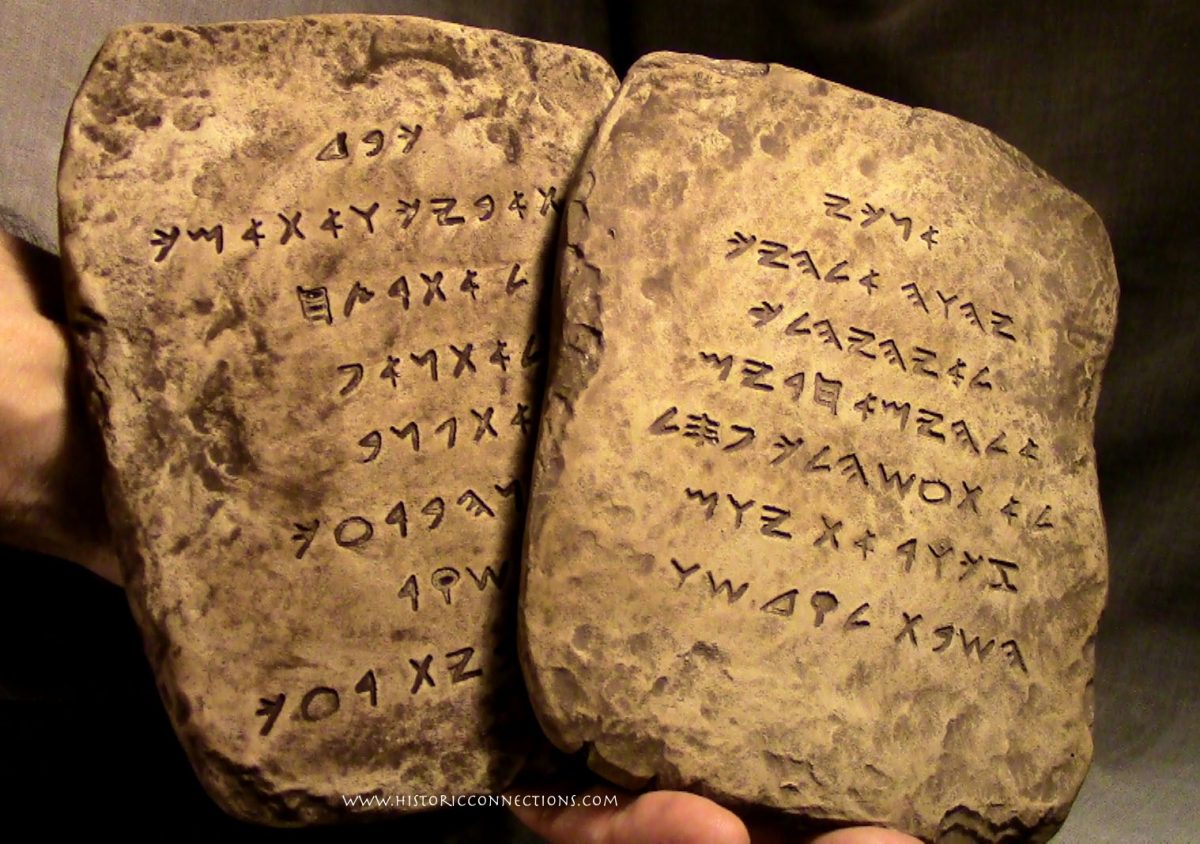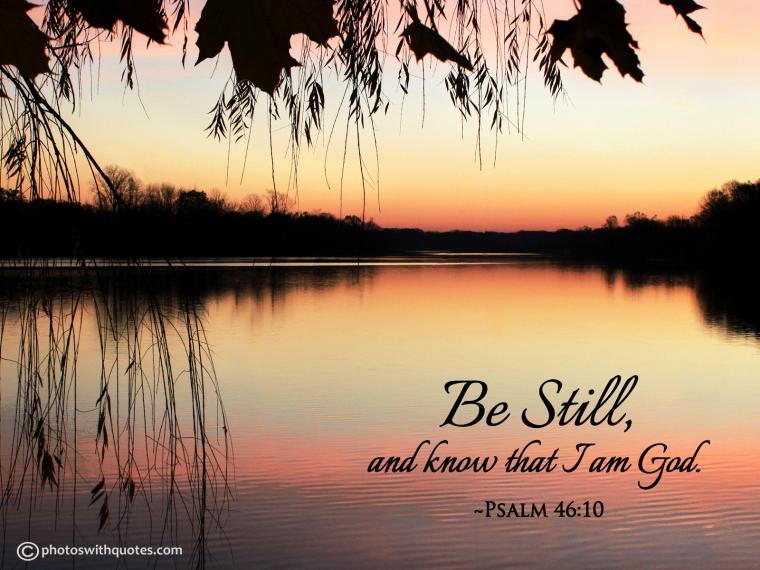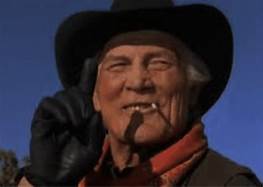Background Passages: Ezekiel 37:1-10; John 4:13-14, Isaiah 42:5
When my sons were children, we enjoyed visiting my parents on the 1,000 acres Dad farmed for much of his life. My boys loved going to the farm to visit their grandparents and to go on their “explores.”
Once they were old enough to be on their own, we told them they could wander the farm wherever they wanted to go as long as they could still see the house. In the broad reaches of the Texas South Plains, that gives two boys a fair amount of freedom.
My Dad kept about 20 head of cattle on a 30-acre grassland pasture, sloping down a modest hill. At the far end of the pasture was a playa lake. For those not accustomed to West Texas, a playa lake is a low spot in the surrounding countryside, typically dry, that collects run-off from those occasional West Texas rains. Most of them were formed when vast herds of buffalo that once grazed the grassland would wallow in the mud to cool down from the oppressive heat.
My boys would walk the pasture in search of artifacts they could collect. Usually, they would come back to the house with an odd collection of bolts, tin cans and rocks.
It was an exciting day, indeed, when they uncovered the dried bones of some long-dead rabbit, skunk or snake. They were most proud the day they returned with a cow’s skull that probably belong to poor Bessie who died at some point during my childhood.
If you spent any time at all walking in that dry playa lake, you could spot the bleached-out cow bones strewn across the dried lakebed by rain or coyote. A graveyard of white, dry, dusty bones.
Think Ezekiel.
For over 100 years, the Jews, the chosen people of God, endured captivity in Egypt. Through a series of miraculous events, God brought them into the Promised Land and gave them a home and a king. He made them a nation again. As they always seemed to do, Israel rebelled, turning against their heavenly father.
As a result, God allowed them to be conquered again. Nebuchadnezzar and his Babylonian horde invaded Israel. They defeated its army, reduced Solomon’s Temple to ashes, and took many of the Jewish people back to Babylon as captives.
The nation of Israel was dead, a valley of dried bones. God did not want them to stay that way. When our spiritual marrow is dry, God doesn’t want us to stay that way either. There is a lesson to be learned from Ezekiel’s experience.
“The hand of the Lord was one me and he brought me out by the Spirit of the Lord and sat me in the middle of a valley. And it was full of bones. He led me back and forth among them, and I saw a great number of bones in the valley, bones that were very dry.
“He asked me, ‘Son of Man, can these bones live?’
“I said, “Sovereign Lord, you alone know.’
“Then he said to me, ‘Prophesy to these bones and say to them, ‘Dry bones, hear the word of the Lord!’
“This is what the Sovereign Lord says to them, ‘I will make breath enter you and you will come to life. I will attach tendons to you and make flesh come upon you and cover you with skin. I will put breath into you and you will come to life. Then you will know I am Lord.’
“So I prophesied as I was commanded. And as I was prophesying, there was a noise, a rattling sound, and the bones came together, bone to bone. I looked and the tendons and flesh appeared upon them and skin covered them, but there was no breath among them.’
“Then, he said to me, ‘Prophesy to the breath, prophesy, Son of Man and say to it, ‘This is what the Sovereign Lord says, ‘Come breath, from the four winds, and breathe into these slain, that they may live. So I prophesied the way he told me, and breath entered them, and they came to life and stood up on their feet—a vast army.’” (Ezekiel 37:1-10)
The valley of dry bones in Ezekiel’s vision reflected the spiritual condition of God’s people. Their defeat at the hands of the Babylonians left them discouraged, down and defeated. In verse 11, they cried out to God saying,
“Our bones are dry. Our hope is lost and we ourselves are cut off!”
The hopelessness grew less from their current condition and more from the fact that they long ago lost their passion for the things of God. They were at the end of their rope, blind to the possibilities of what God could do for them. There was no future. Only a today, filled with misery and hopelessness.
Once so full of vitality and vigor, a picture of God’s presence and power, they took their focus off God. Did their own thing. Drifted away from the father. Their bones were dry.
It’s not unusual as God’s people to find ourselves in what feels like an endless spiritual desert…our faith feeling dry and lifeless. Most of the time, these dry spells don’t come out of nowhere. Circumstances beyond our control dry our bones, leave our faith parched. Choices we make that lead us into the desert, sap our souls of strength, making our trust in God waver and wither.
Sometimes, we get so busy doing things, even good things, that our worship becomes rote and routine, half-hearted and half-felt. Complacency overtakes us, leaving us thirsting for what we’ve lost. In times like these our prayers never seem to rise above the roof. We stare blankly at the pages of our Bible, if we open the pages at all. Our spiritual lives gather dust as the moisture is sucked from our marrow and our bones lay drying in the wilderness.
How closely does this match your life experiences? You look into your life and it’s messy. Every outcome you can see just adds to the confusion and hopelessness. Each wrong step leads to another. Whether caused by random chance or personal choice, it feels like everything has gone wrong. Now, you find yourself blind to the possibilities of what God can do. Your bones are dry.
When you look at your circumstance and all you see is an arid valley of dead, dry bones, it’s hard to imagine life beyond the desert. Hear God ask you the same question he asked Ezekiel. “Can these bones live again?”
What is your answer?
Ezekiel’s response was an honest one. “I don’t see how, but if there is any hope at all, it comes from you, God.” And, that’s as much as God needs to turn things around…just a glimmer of faith in his compassion and love. In the middle of the turmoil in our lives, can we say, “Lord, it’s up to you. I put my life in your hands.”
It is an act of surrender to the will of God. Easier said than done, I know.
God tells Ezekiel to preach a message to the dry bones…our dry bones. The first thing he asks the prophet to tell them…to tell us…is to “Hear the word of God.”
When we’re struggling, when our faith seems dry and stale, we need only to hear the word of God. I don’t mean just sit in the sanctuary while the preacher preaches. I mean really hearing what God is telling you. Listen and obey. When we’re spiritually thirsty, we need to swim in the water of God’s word.
“So then, faith comes by hearing, and hearing by the word of God.” (Romans 10:17)
Jesus sat by a well in the heart of Samaria in deep conversation with a woman in need of living water. He told her,
“Everyone who drinks this water will be thirsty again, but whoever drinks the water I give them will never thirst. Indeed, the water I give them will become in them a spring of water welling up to eternal life.” (John 4:13-14)
God’s word gives life. It gives clarity. It gives peace. All we must do is listen and obey the will of the one who loves us enough to die in our place. Drink it in. Refresh our bones.
Ezekiel gives us one more thought to consider. Beyond hearing the full word of God, he tells us to allow the Holy Spirit to work in our lives. It is the spirit of God who gives our dry bones breath. Listening to God’s word is a great start at bringing our bones together, but we need the spirit within us to bring us to life. It is the Holy Spirit who takes the word of God and gives it the power to give life to a broken heart and a struggling soul.
Allowing the spirit to live within us, lets God give us the chance to be a living instrument to share is grace and to be his hands at work in a hurting world. To be an oasis in a desert of dry bones.
“Thus says God, the Lord, ‘the creator of the heavens and stretched them out, who spreads out the earth and all that springs from it, who gives breath to its people and spirit to those who walk on it: I have called you to righteousness…” (Isaiah 42:5)
Breathe it in. Be right with God. Maybe it’s time to begin living again.
I believe that is a great word of encouragement for those who are struggling today to live out the life God has planned for them. Whether that person is you, me or someone you know. The answers lie in God’s word and in the presence of his spirit in the heart of those who believe and trust in Jesus.
Can these dry bones live?
I believe they can. I’m living proof.









